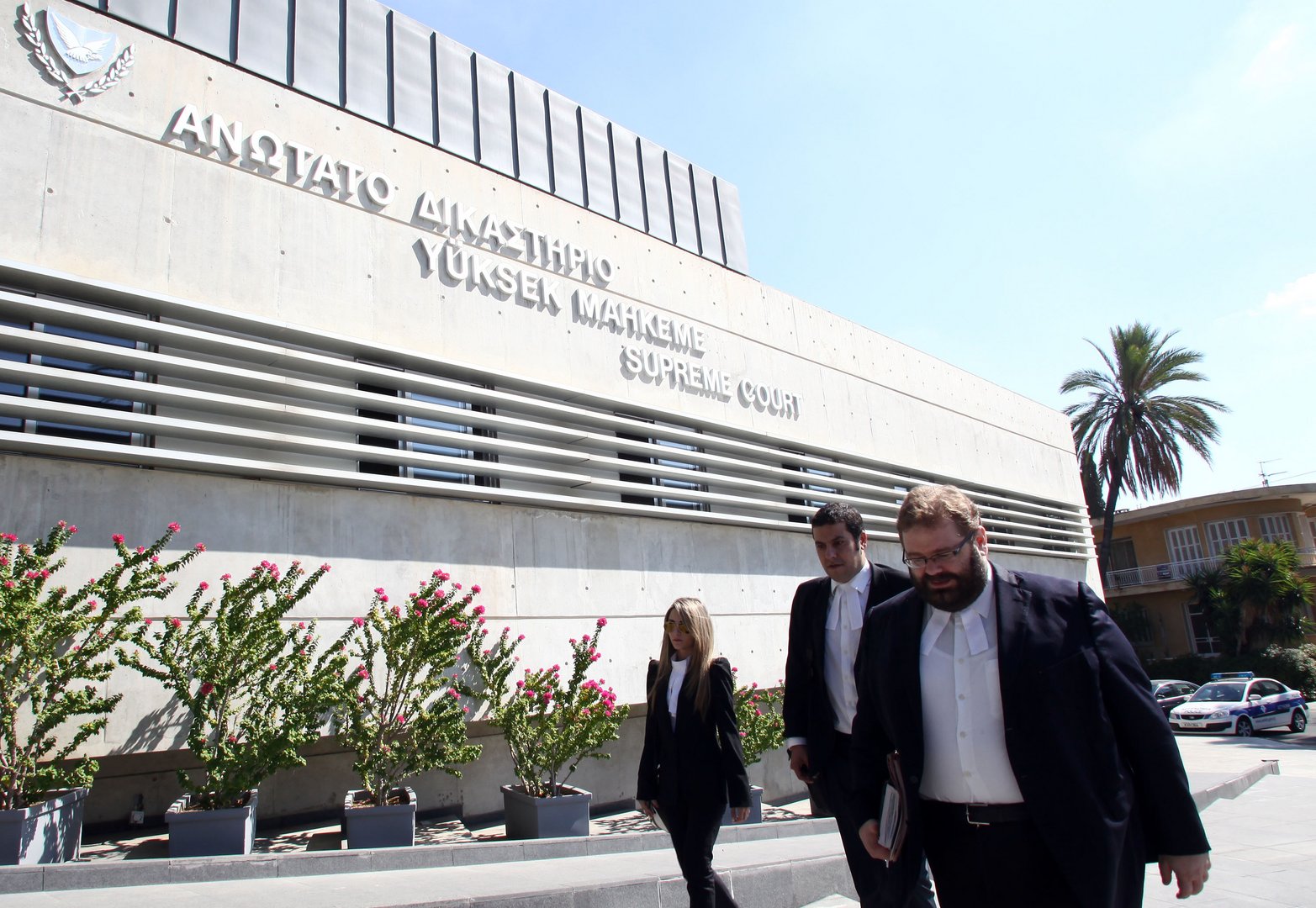The Cyprus Supreme Court: The applicants were born in Cyprus on either side of the Turkish invasion of Cyprus of July 20, 1974 and are descended from parents who are of mixed Turkish Cypriot and Turkish citizenship and applied to the appropriate authority to be recognised as citizens of the Republic of Cyprus (RoC).
None of the applications were granted citizenship and none received a reply, although some were placed on a list to be examined in time, while others with incomplete documentation, were left hanging. The applicants regard themselves as stateless and complained that the RoC government failed in its duty to grant them RoC citizenship.
That is an approximate translation into English of the opening paragraph of the judgement of the Supreme Court of July 26, 2023 handed down last Thursday. The case then goes off on a tangent to nowhere. This was because although the applicants accepted they were not stateless – they were assumedly Turkish citizens – they sought a mandatory order for the court to compel the RoC government to treat them as stateless under the 1954 Convention on Statelessness and the 1961 Convention on the Reduction of Statelessness – and presumably grant them Cypriot citizenship.
It seems the application to the Supreme Court was misconceived because quite apart from the fact that the applicants conceded they were not stateless, they also had to overcome the insurmountable hurdle that RoC is not a state party to either of the two conventions on statelessness. In the result the Supreme Court decided it was the wrong forum to determine the matter and that the right forum was the administrative court.
The question the court did not address, however, was whether the applicants were messed around by government in the knowledge that there is no way the RoC is going to give citizenship to the children of mixed Turkish Cypriot and Turkish citizens. Why not just tell the applicants straightaway that owing to the Cyprob they are deemed not to be entitled to RoC citizenship?
The real question which it seems the Supreme Court was not asked was whether it was prepared to make a declaration as to citizenship status. Either that the applicants were entitled to RoC citizenship by operation of law on the basis of birth in Cyprus to parents one of whom was a natural born Cypriot. Or alternatively that it was lawful to discriminate against the children of mixed Turkish Cypriots and Turkish parents owing to the political problem in Cyprus.
Operation of law means no discretion to refuse if certain conditions are satisfied; that is not to say there are no bureaucratic delays, just that one gets there in the end.
On the discrimination point, it is only unlawful discrimination that is prohibited; if one were a theatre director one could for example insist that the part of Othello in the Shakespeare play is played by a black actor. Or as every Turkish Cypriot knows the issue of ID cards and passports to them takes longer than it does Greek Cypriots but the difference in treatment is justified in terms of the more extensive checks that need to be carried out.
In human rights law it is only the enjoyment of rights and freedoms contained in the European Convention that have to be secured without discrimination on grounds of sex, religion, language, national origin etc and not other rights such as to citizenship.
As far as EU law is concerned, we all know from the golden passports scandal that citizenship is a matter for member states to grant or withhold in accordance with their citizenship laws. EU law has no direct application, but indirectly it is relevant because EU law takes precedence over Cyprus’ constitution and other laws.
In light of that, the first port of call that Turkish Cypriots born in Cyprus to parents one of whom is Cypriot must be Cyprus’ constitution and then EU law. The constitution provides that birth in Cyprus to a “father” who is himself a natural born Cypriot entitles one to Cypriot citizenship by operation of law. It was amended when Cyprus joined the EU in 2004. After that date neither the constitution nor any law passed by RoC can be inconsistent with EU law.
The constitution of the EU itself is contained in the Treaty of the European Union (TEU). It provides that equality between men and women is a core value and that the EU is geared to combat all forms of discrimination, particularly between men and women.
It is therefore arguable that the part of the constitution of Cyprus that provides that birth in Cyprus to a Cypriot “father” makes his children Cypriot citizens, must now be read as “father or mother” if it is to be consistent with equality between the sexes under EU law.
That’s the argument and in due course it will have to be considered by the Cyprus Supreme Court, if it hasn’t already, and possibly by the Court of Justice of the EU. The alternative argument is that in matters of nationality law, Cyprus presents a unique state of affairs in which 37 per cent of its territory is occupied by a third country, Turkey. In those circumstances it is entitled to dilute the strict rigour of its obligations as an EU member state in respect of granting its citizenship to the children of men and women from Turkey because it is prevented from regulating their presence in Cyprus.
There is no right or wrong answer, but rather there is one answer if you are Greek Cypriot and a different answer if you are Turkish Cypriot. But since the Greek Cypriots run the RoC, they decide who is a Cypriot.
Alper Ali Riza is king’s counsel in the UK and a retired part time judge







Click here to change your cookie preferences